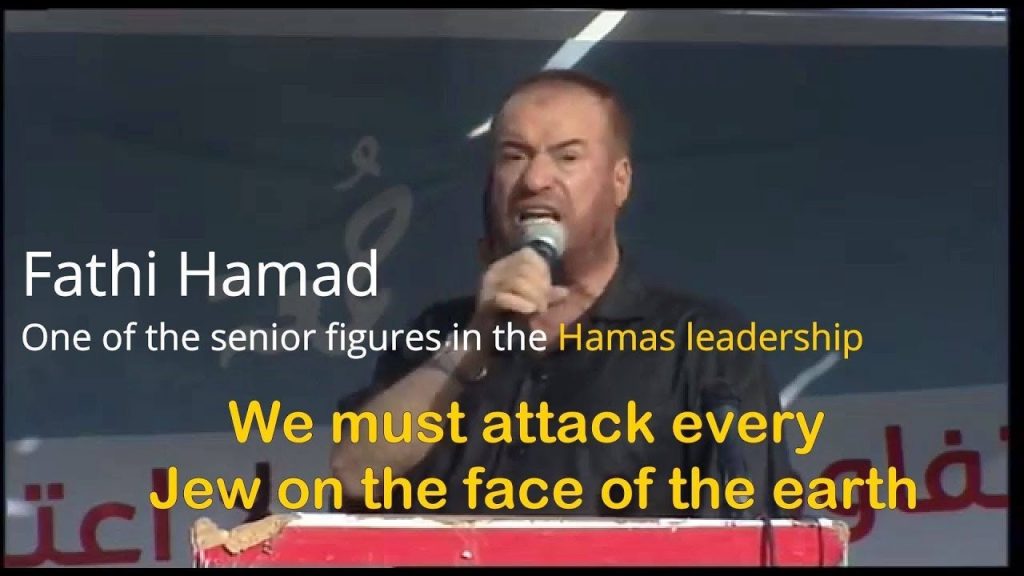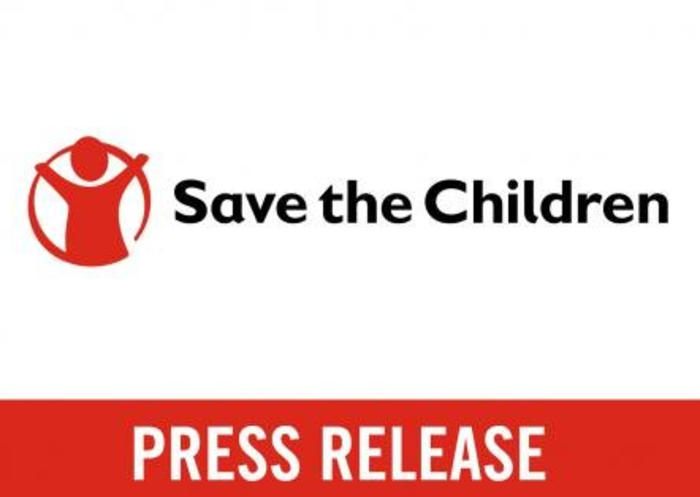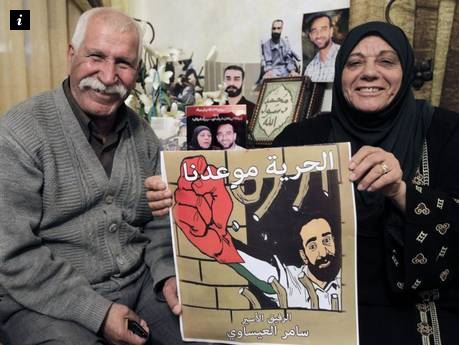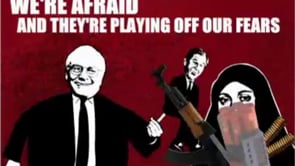One of the consistent failures we see within media coverage of the Israel-Palestinian conflict is the mono-causal explanations reporters often provide when reporting on Palestinian suffering – namely, Israeli actions. This, we’ve argued, derives from their refusal to impute agency to Palestinians and their leaders. Thus, even the most irresponsible and destructive Palestinian behavior gets buried amidst a knee-jerk instinct to find an Israeli root-cause, regardless of how flimsy the evidence of any such causation.
An article in the Independent by their international correspondent Bel Trew, (“‘80% of children in Gaza suffer from depression’ after 15 years of blockade, claim NGOs”, June 15) is one example of this journalistic failure.
The article begins:
More than half of all children in Gaza have contemplated suicide, while three out of five are self-harming after living 15 years under an Israeli and Egyptian blockade, according to Save The Children.
In a new report entitled “Trapped”, the global rights group said their research showed that in total four out of five children in the besieged strip are living with depression, grief and fear, a significant increase from a similar survey taken just four years ago.
They urged the Israeli government to immediately lift the air, sea and land blockade on Gaza, in place since the militant group Hamas violently seized control of the 25-mile-long enclave in 2007. They also called on Israel to work on stopping the mental health crisis which, it said, had “dramatically deteriorated” in Gaza, which is home to more than two million people, nearly half of them children.
First, the one major methodological flaw of Save the Children (StC) report conclusion is that it narrowly compares data on the mental health of Gaza’s children based on surveys done in 2018 and 2022. By definition, it can’t, as the report claims, make an empirical determination on the impact of “15 years” of Israel’s (and Egypt’s) blockade of military items and dual-use times into Gaza, because the data set only covers the last four years.
So, whilst they, to cite one part of the survey, detail an increase in children’s stress level between 2018 and 2022, from 55% to 80%, the lack of a benchmark – the percentage of children who suffered such stress before the blockade – means that they can’t make the empirical connection between the the blockade and the increased stress level.
If they had gathered data every couple of years since 2007, they could, for instance, have at least tried to establish a correlation between increases in children’s mental health problems and periods of conflict between Israel and Hamas, which brings us to another major flaw in the StC report, the missing Islamist terrorist group.

In jumping to the conclusion that Israel’s blockade is to blame for the Gaza children’s mental health issues, they conflate cause, the rise of Hamas, with effect, Israel’s partial blockade to prevent the flow of deadly weapons to the terror group.
But, even if they were to still characterise Israel’s blockade as an illegitimate response to Hamas, and they were to present data showing a marked increase in the rates of mental illness among children in the strip after 2007, they’d still have to demonstrate that it was the blockade itself, and not Hamas’s brutal rule over the population, that caused the statistical change.
In fact, quite remarkably, the word “Hamas” doesn’t appear even once in StC’s 30 page report. Thus, they fail to explore the intuitive question of how Hamas’s authoritarian rule of the Palestinian territory, and their military actions (aimed at destroying the Jewish state) which fueled several costly wars and depleted funds that could be directed towards schools, hospitals and other social needs, has impacted the mental health of Gaza’s kids.
Bel Trew’s failure to critically scrutise the StC report, and her faith in the NGO’s mono-causal explanation for the mental health crisis, assures that Hamas is once again spared opprobrium for the Palestinians suffering caused by their fanatical, antisemitic ideology, and that Indy readers are spared the cognitive dissonance of being asked to consider a factor in Gaza’s woes other than Israeli villainy.
Related Posts
Human Rights Watch Strips Gaza of its History to Attack Israel





